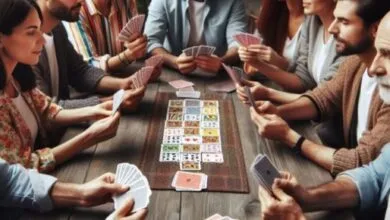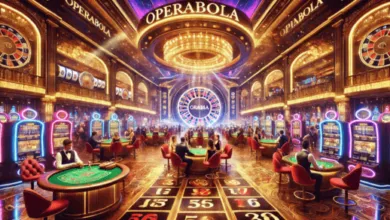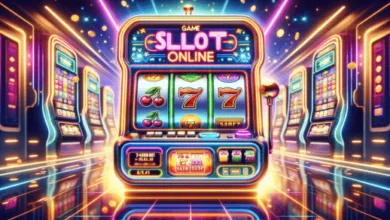The Evolution of Satta: Tracing the Origins and Growth of Indian Gambling

Gambling has been an integral part of human civilization for centuries, and India is no exception. From ancient times to the present day, the country has witnessed the evolution of various gambling practices. One such form of gambling that has gained immense popularity is Satta Matka, a numbers-based game that has become deeply ingrained in Indian culture. In this article, we will delve into the origins of gambling in India and trace the growth of Satta over the years.
Origins of gambling in India
Gambling has deep roots in Indian history and culture. Ancient texts and scriptures mention various forms of gambling that were prevalent in different regions of the country. Dice games, known as “Pashas” or “Aksha,” were popular during the Mahabharata era. These games involved rolling dice made from bones or wood, and people would place bets on the outcomes. The influence of Hindu mythology is also evident, with Lord Shiva and Parvati often depicted playing dice games.
Historical development of Satta
The modern-day macau 4d game has its origins in the mid-20th century, during the colonial era. It was during this time that the game of Matka emerged as a popular form of gambling. Matka involved betting on the opening and closing rates of cotton traded on the New York Cotton Exchange. The game quickly gained a massive following, especially among the working class, who saw it as an opportunity to earn quick money.
With the advancement of technology, the traditional Matka game transitioned into an online format. This shift allowed for wider participation and convenience. Online Satta platforms started to emerge, offering a variety of games and betting options to a larger audience.
Popular forms of Satta today
Today, several forms of Satta have gained popularity in different parts of India. Desawar, Gali, and Faridabad Satta are some of the most well-known variations of the game. These games involve betting on numbers, and the results are declared based on a random selection process.
In addition to traditional offline Satta, online platforms have revolutionized the gambling scene in India. These platforms provide users with a wide range of games, including traditional Satta, casino games, and sports betting. The convenience and accessibility offered by online Satta have contributed significantly to its growth and popularity.
Impact of Satta on Indian society
The widespread practice of Satta in India has had both social and economic implications. On one hand, it provides a source of entertainment and thrill for many individuals. However, Satta also carries inherent risks and can lead to addiction and financial ruin for those who become excessively involved.
The legal and regulatory landscape surrounding Satta in India is complex. While some states have banned gambling activities, others permit certain forms under specific regulations. The lack of a unified approach to Satta has created challenges in curbing illegal gambling and ensuring consumer protection.
The future of Satta in India
Attitudes towards gambling are gradually changing in India. With the rise of online platforms and the increasing acceptance of gambling as a legitimate form of entertainment, there is a growing demand for the legalization and regulation of Satta. Some argue that proper regulation can help address the social issues associated with unregulated gambling and generate revenue for the government.
The future of Satta in India will likely be shaped by evolving perceptions, societal changes, and the government’s approach to regulation. Striking a balance between curbing illegal activities and promoting responsible gambling will be crucial in determining the future landscape of Satta in the country. The evolution of Satta in India showcases the country’s long-standing relationship with gambling. From ancient practices to the modern-day online platforms, Satta has captured the attention of millions of Indians. The game’s impact on society, both positive and negative, cannot be ignored. As India navigates the path forward, it is essential to find a balance between preserving cultural heritage, protecting individuals from harm, and exploring the potential benefits that regulated gambling can bring.





